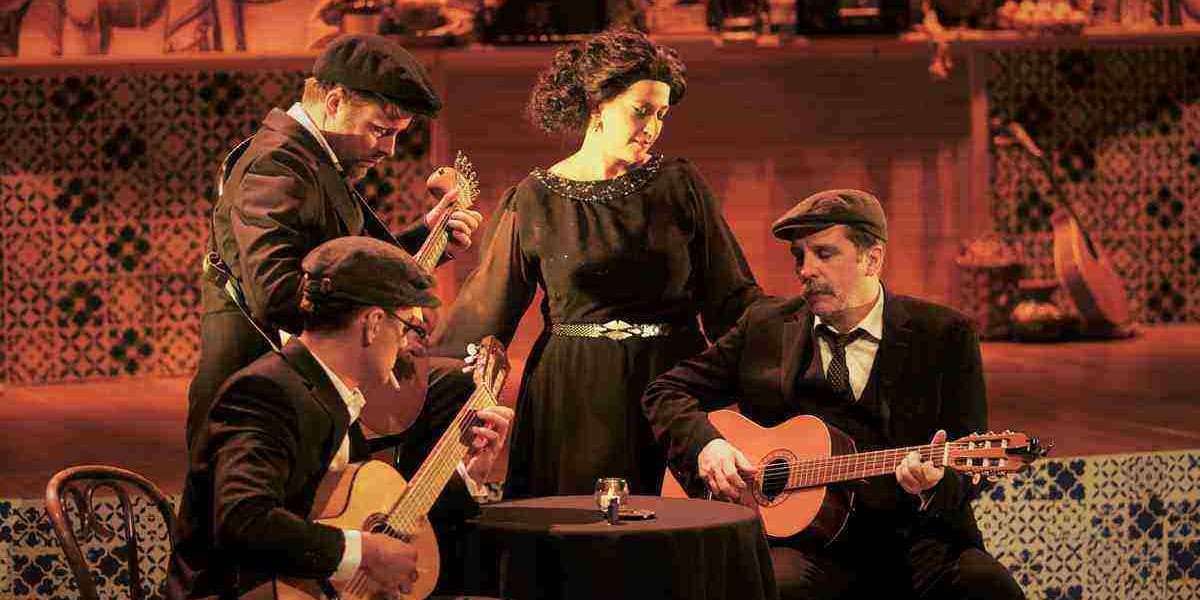What does it mean to be Portuguese? This question is the primary theme of Elaine Avila’s musical, Fado: The Saddest Music in the World—and the answer appears to be a triple threat of melancholic melody, modest aspiration and saccharine family conflict. For those unfamiliar, Fado is a genre of music most often associated with Portuguese culture—think flamenco meets the blues, with a double dose of tragedy. This production is brought to us by the Puente Theatre Company of Victoria, BC, and director Mercedes Bátiz-Benét succeeds triumphantly in bringing Avila’s script to life, in what can only be described as a feat of fantastic nostalgia.
The plot follows Luisa, a Canadian Fadista (Fado singer) who travels to Portugal for the first time, in the company of her mother, who hasn’t returned since fleeing from poverty more than three decades prior during the reign of the authoritarian dictator, António de Oliveira Salazar. History remembers Salazar as somewhat less tyrannical than his contemporaries (Mussolini and Franco); he kept Portugal neutral during WWII, and sold war materials like iron ore to both sides. Fado was originally banned by Salazar, at first, until it was later allowed but controlled and used as propaganda. After his death the genre was reclaimed and expunged. As a result, this musical is a romantic, anti-fascist vision of turn-of-the-millennia Lisbon—Lisboa—complete with all the socioeconomic conflicts that one might expect to find in a country burdened by a recent history of fascism, poverty and religious conservatism.
The vibrato of the guitarra portuguesa is instantly recognizable, and helps to lure the audience into a state of facile acceptance, at times to the detriment of realism, though I would argue that this is forgivable due to the fantastic context. While Fado paints a very different picture of the country than the one I encountered during my visit—pastoral hills brimming with castles and vineyards—it is nonetheless a voyage in itself, to the fictitious alleys of a timeless society. I strongly encourage anyone in need of escaping North America—if only for an evening—to attend.

